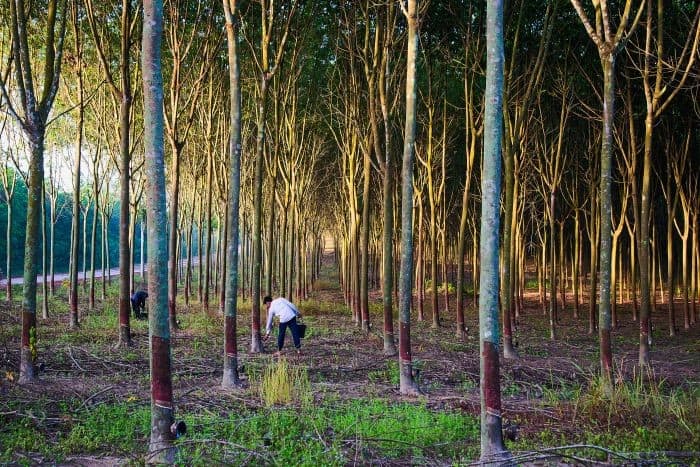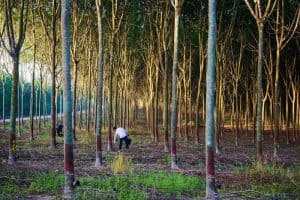In the August newsletter we have informed you that we will organize smallholders workshop in 5 different countries with the primary objectives of:
- Understanding the local needs and motivations of the smallholder farmers;
- Understanding and recommending solutions to the barriers for smallholders and their representative organizations to join and actively participate in the GPSNR;
- Observing and explaining the interaction and chemistry between farmers and representative organizations.
Now we are proud to tell you that we are ready to launch the first smallholders workshop in Jambi, Indonesia on October 7th – 9th. 20 smallholders and smallholder representative organizations that have been nominated by several local partners on the ground such as SNV, WWF Indonesia, Kirana Megatara, etc. will meet up in Jambi with various categories of GPSNR working group members to further explore the future of sustainable natural rubber production. The participants from GPSNR side is limited to 6 persons to ensure the discussions are organically contributed by smallholders.
The 3 days workshop will start with self introduction, understanding each other, understanding the current and future trends of rubber market. It will spread out to what the platform is and how the platform can work for and with smallholders to create a win-win solution.
Four more workshops to be organized this year after Indonesia will be held in Thailand, Vietnam, Cote d’Ivoire and Brazil. After the 5 workshops are finished, we will recommend the smallholder representations to the Executive Committee during the General Assembly in March 2020.
Stay tuned for the dates and venues of the upcoming workshops. For more information please contact kobrat@gpsnr.org.






